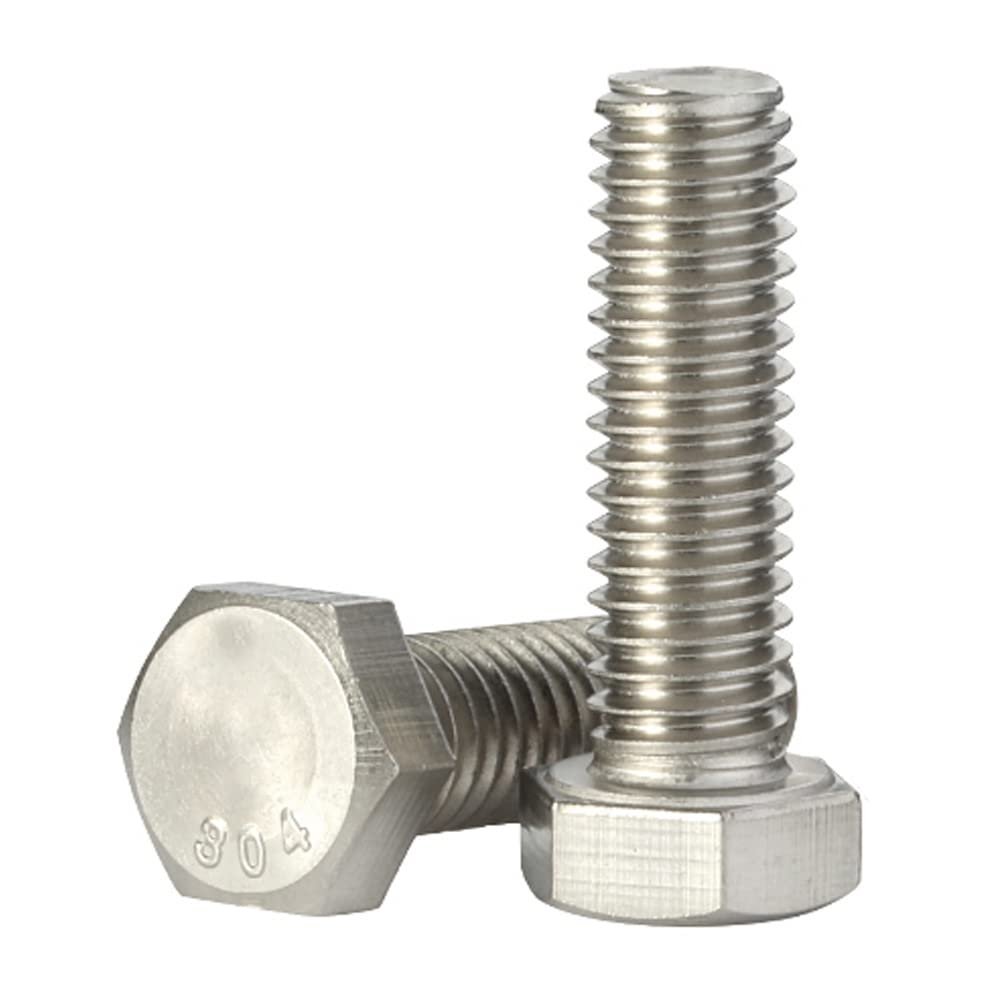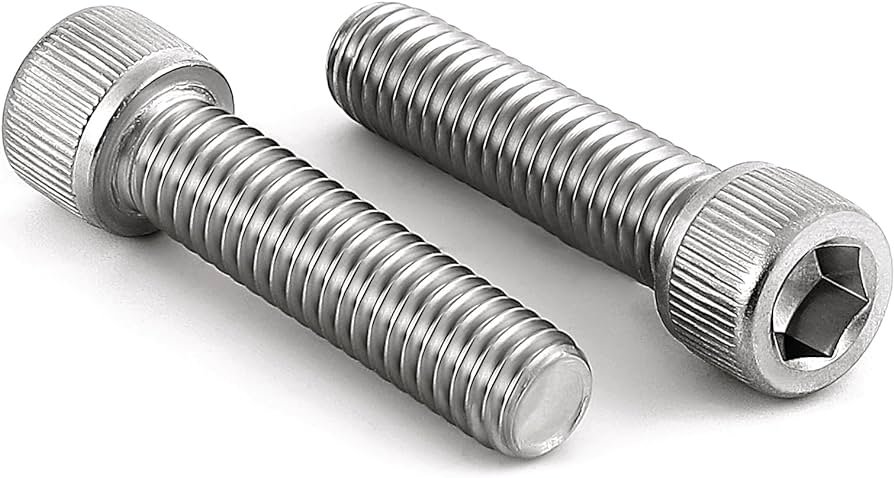Cap Screws vs. Socket Screws: Understanding the Differences
When it comes to fastening components together, choosing the right type of screw is essential to ensure a secure and reliable connection. Cap screws and socket screws are two common types of fasteners that serve various purposes in the world of manufacturing, construction, solar installation, automotive and more. In this article, we will explore the key differences between cap screws and socket screws, helping you make informed decisions when selecting the right fastener for your specific needs.
Cap Screws
Cap screws, also known as hex head screws or hex bolts, are a widely used type of fastener known for their distinctive hexagonal-shaped head. These screws are designed to be tightened or loosened with a wrench, providing a high degree of torque for applications that require a tight and secure fit. Here are some key characteristics of cap screws:
Head Type: Cap screws have a large, flat head with a hexagonal indentation on top. This design allows for easy and precise application of torque, making them suitable for heavy-duty applications.
Thread Type: Cap screws typically feature full threads along their entire length, ensuring a strong grip when fastening materials together.
Common Applications: Cap screws are commonly used in construction, machinery, automotive, and industrial applications where a strong, reliable connection is required. They are also frequently used in structural applications due to their robust design.
Materials: Cap screws are available in a wide range of materials, including steel, stainless steel, brass, and more, making them suitable for various environmental conditions and requirements.
Socket Screws
Socket screws, also known as Allen screws or socket head screws, have a unique cylindrical head with a recessed hexagonal socket. Instead of using a traditional wrench, socket screws require an Allen wrench or hex key for installation and removal. Here are some key characteristics of socket screws:
Head Type: Socket screws have a cylindrical head with a hexagonal socket (also known as an Allen socket) in the center. This design provides a sleek and low-profile appearance.
Thread Type: Socket screws typically feature partial threads, leaving an unthreaded shank portion between the head and the threaded section. This design allows for precise adjustment of the screw's depth within the material.
Common Applications: Socket screws are popular in applications where aesthetics, a low-profile design, or access to tight spaces are crucial. They are commonly used in electronics, machinery, automotive, and aerospace industries.
Materials: Similar to cap screws, socket screws are available in a variety of materials to accommodate different environmental and strength requirements.
Key Differences
Now that we've explored the characteristics of both cap screws and socket screws, let's summarize the key differences between the two:
Head Design: Cap screws have a large, flat hexagonal head, while socket screws have a cylindrical head with a hexagonal socket.
Installation Tool: Cap screws require a wrench for installation, whereas socket screws require an Allen wrench or hex key.
Thread Type: Cap screws typically have full threads, while socket screws often feature partial threads.
Applications: Cap screws excel in heavy-duty and structural applications, while socket screws are favored in applications requiring a low-profile design or access to tight spaces.
In conclusion, choosing between cap screws and socket screws depends on the specific requirements of your project. Cap screws offer robustness and high torque capabilities, making them ideal for heavy-duty applications. On the other hand, socket screws provide a sleek appearance and excel in applications where a low-profile design or access to tight spaces is necessary. Understanding these differences will help you select the right fastener for your next project, ensuring a secure and reliable connection.
For more help in determining whether cap screws or socket screws would be best for your application, contact Mudge Fasteners at (800) 634-0406.


